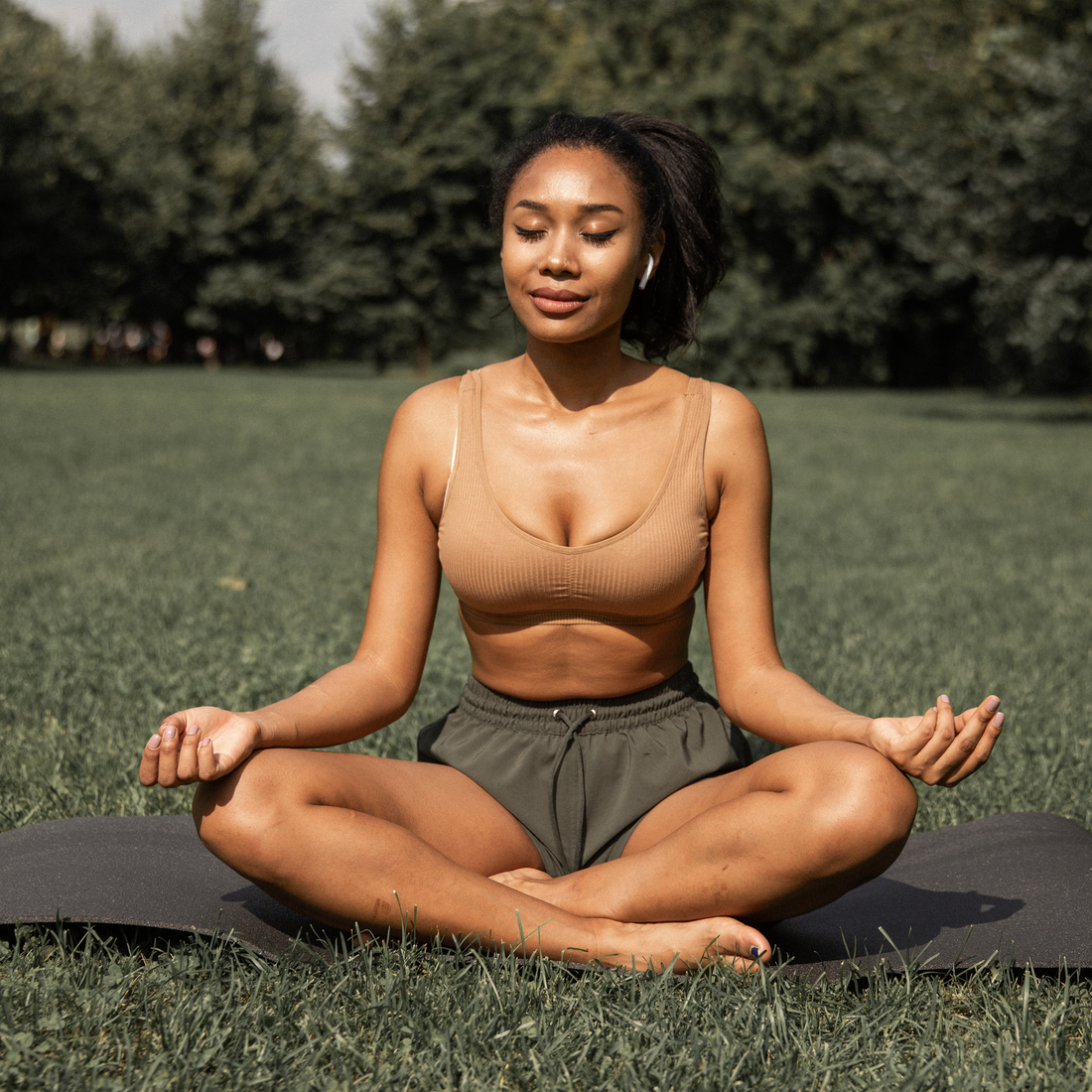
Unlocking Your Potential: How Coaching Elevates Wellness
In today's world, personal growth and holistic health are in high demand. Wellness coaching that enhances the benefits of retreats and self-care activities has come into its own. This approach has transformed into an indispensable asset for reaching optimal mental, emotional, and physical health. Let's explore how coaching boosts wellness and helps you tap into your full potential.
The Science Behind Wellness Coaching
First, let's explore the data. Scientific studies over the years have consistently shown the positive effects of coaching on wellness. One of the primary principles leveraged is neuroplasticity—the brain's ability to reorganize itself, forming new neural connections throughout life. Through regular instructional sessions, individuals can essentially "rewire" their brains to foster positive habits, resilience, and improved mental health.
Understanding the Wellness Wheel
The Wellness Wheel, a concept central to holistic health, comprises several dimensions. These include physical, emotional, intellectual, spiritual, social, and environmental wellness. A well-trained coach helps you assess where you currently stand in each segment and devises strategies to enhance areas for improvement. This comprehensive approach ensures you're not just focusing on one aspect of wellness but embracing it comprehensively.
The Retreat Advantage
There's something magical about stepping away from the chaos of daily life and immersing yourself in a serene environment dedicated to well-being. Wellness retreats offer an intensive, distraction-free zone where coaching can be most effective. With nature as a backdrop and tailored activities complementing coaching sessions, these events can accelerate the journey to holistic health.
Techniques Employed in Coaching
Check out these innovative ways by which wellness coaches elevate your overall wellbeing.
1. Cognitive Behavioral Coaching (CBC)
Rooted in cognitive-behavioral therapy, CBC helps identify negative thought patterns and replace them with healthier alternatives. It's particularly effective for stress, anxiety, and mood disorders.
2. Mindfulness and Meditation
These practices cultivate awareness of the present moment, grounding individuals and reducing the impact of stressors.
3. Biofeedback
A more technical approach, biofeedback allows individuals to control physiological functions. With real-time data on metrics like heart rate and muscle tension, coaches can guide clients to adopt relaxation techniques effectively.
4. Nutritional Guidance
A balanced diet plays an integral role in overall wellness. Coaches often integrate nutritional advice into their programs, ensuring the body is fuelled adequately for both mental and physical activities.
Tailoring Strategies to the Individual
Not all wellness paths are identical. A seasoned coach will conduct thorough assessments, understanding the individual's unique challenges, preferences, and goals. This bespoke approach ensures more sustainable results as individuals deeply resonate with the strategies employed.
Group Dynamics in Retreats
While one-on-one coaching is potent, group sessions at retreats bring forth another dimension. Sharing experiences, collective problem-solving, and mutual encouragement can amplify the benefits of coaching. The camaraderie formed in these groups often extends beyond the retreat, creating a supportive community in the pursuit of wellness.
Sustainability Post-Retreat
A significant challenge many face post-retreat is maintaining the momentum once they're back in their regular environment. Coaching at retreats often incorporates follow-up plans. Whether it's continued virtual coaching sessions, resource recommendations, or action plans, these steps ensure that the individual remains on the wellness trajectory long after the retreat concludes.
The Rise of Digital Coaching Tools
Technology is playing an ever-growing role in wellness coaching. For instance, apps like Calm or Headspace guide individuals through meditation sequences, helping them stay centered. Wearables like Fitbit or Garmin can track heart rate, sleep cycles, and even stress levels, offering real-time insights. Additionally, platforms like MyFitnessPal can help in nutrition tracking, while telehealth portals facilitate remote consultations. Especially post-retreat, these digital aids can be invaluable in staying on track.
Addressing the Skepticism
As with any growing field, there are skeptics. However, the tangible results individuals experience post-coaching are hard to dispute. Beyond anecdotes, the scientific community is producing an increasing body of research validating the efficacy of coaching in enhancing overall wellness.
Continuous Learning for Coaches
The world of wellness constantly changes with fresh research, innovations, and societal shifts. Because of this dynamic nature, a wellness coach's role is multifaceted and vital. They need to undergo continuous training, earn up-to-date certifications, and stay in tune with modern health trends. Engaging in seminars, networking with professionals, and integrating technology tools are all essential. This dedication ensures clients benefit from evidence-based strategies. In this evolving domain, coaches must remain vigilant. This ensures that their methods are both current and relevant. As a result, they will be able to consistently offer the best support possible.
Wrapping Up
The transformative power of coaching, especially within the immersive environment of a retreat, cannot be overstated. It provides a roadmap for individuals, guiding them through the complexities of holistic health. This empowers them to be the best versions of themselves. As the adage goes, "Give a man a fish, and you feed him for a day; teach a man to fish, and you feed him for a lifetime." Coaching, in essence, teaches individuals to "fish" for wellness, providing tools and strategies that serve them for life.
Author by: Katie Pierce